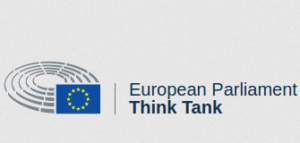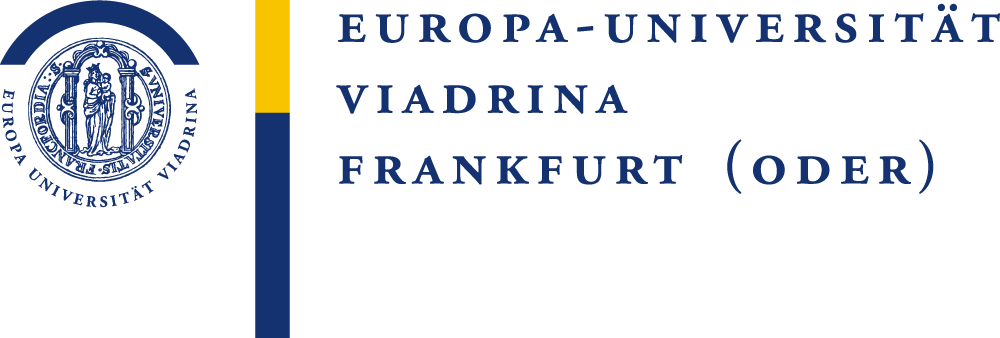Transitioning Human Rights Online: Beyond Surveillance and Censorship
 Most of the debates about human rights and technology have been focused on surveillance and censorship. But freedom of expression and the right to privacy are only the two most prominent cases among a large variety of issues related to human rights on the internet. Our study calls for a broader approach to human rights.
Most of the debates about human rights and technology have been focused on surveillance and censorship. But freedom of expression and the right to privacy are only the two most prominent cases among a large variety of issues related to human rights on the internet. Our study calls for a broader approach to human rights.
When the Universal Declaration of Human Rights was ratified in 1947, none of the drafters imagined a thing called ‘the internet’. Often, fundamental rights codified in international treaties have been more of an aspiration, a formulation of an ambition, rather than a description of the status quo. Human rights agenda has always been more of a work program than a ready-made set of rules.
In this report, written for the European Parliament by Ben Wagner, Joanna Bronowicka, Cathleen Berger and Thomas Behrndt, we put technological changes at the forefront of human rights issues to address. Adapting human rights drafted for an offline world to a digitalized world poses gigantic challenges. We claim that we are only at the that brink of discovering them.
Widening the scope of attention
Technology is not neutral, but ambivalent. Depending on how it is used, it can be a great threat to human rights or a magnificent tool for empowerment. We should neither deny the risks nor forget the opportunities the internet provides us when we approach human rights as digital rights.
Thus far, most of the work on human rights in the digital sphere has been dealing with issues of surveillance and censorship. While this is understandable given that governments and corporations dedicated vast efforts in those areas, the overt focus on censorship and surveillance has masked many other human rights based approaches that are equally relevant.
The report provides an overview study about the impact of technologies on human rights. It discusses surveillance and censorship as the most prominent human rights issues in that area. But it also covers the broader range of human rights issues in the digital sphere, arguing that human rights-based approach can be instrumental in focusing debates on individuals rather than states.
Transitioning the human rights regime to the digital sphere enables researchers and policy-makers to cover a much wider range of social and political issues. We need to study and understand freedom of assembly and freedom of association as digital rights. The conclusion of the NETmundial conference in 2014 stated for example: “Everyone has the right to peaceful assembly and association online, including through social networks and platforms.”
We need to pay greater attention to the ways technology affects the right to freedom from discrimination. As more and more information about individuals is collected, stored and processed as ‘big data,’ there is significant scope for discriminatory practices by insurance and medical providers, search engines, ‘predictive policing’ and many more. As subjective decisions transition into automated systems, there is an increasing risk of discrimination that a human rights-based approach cannot ignore.
Moreover, we find that the research on the impact of technologies on social, economic and cultural rights is still underdeveloped. The same goes for digital applications of freedom of movement and the right to counsel, which remain insufficiently explored. The area of workers rights also bears great potential to be examined from this transition perspective.
Read the full EP study here.
See full list of CIHR publications. More about CIHR’s research on technology in international relations.

